


Indications
In all those situations where it is required to inhibit TSH, alone or in combination with other thyroid hormones.
- In differential TSH-dependent thyroid cancer.
- In homogeneous or multinodular goiter (Simple non-thyrotoxic goiter).
- In isolated nodules.
- After partial thyroidectomy or total thyroidectomy.
- Inappropriate TSH secretion syndromes.
- Peripheral resistance to thyroid hormones.
Pharmacological Action
Du Tiratricol is physiologically the metabolite of triiodothyronine. It maintains the effect of inhibiting TSH and has a peripheral lipolytic action. Its effect at the cardio vascular level (heart rate) and on the basal metabolism are attenuated. TSH inhibition occurs rapidly at the beginning of drug absorption.
Pharmacological studies have shown that Du Tiratricol is less active on tissues than Tri or Tetraiodothyronine. The risk of accumulation in the organism is insignificant or undetectable, as a consequence of the short half-life of the active substance. TRIAC or TIRATRICOL, is very well absorbed at the gastrointestinal level and rapidly diffuses to the tissues. Its plasma half-life is 5 to 7 hours. TRIAC is metabolized at the tlsular level and in the liver, and the final elimination products (sulfur and glucoconjugates) are eliminated mainly by urine.
Dosage – Dosage – Administration mode
The dose will be adjusted according to the doctor’s criteria and according to the clinical picture of the patient.
The minimum dose is two tablets and the maximum five tablets in 24 hours. TSH decreases significantly with 0.7 mg daily and total TSH suppression is obtained with a dose that varies with each patient.
Inhibition is completely reversible within 2 or 3 weeks of stopping treatment.
Contraindications
Decompensated heart failure
Coronary insufficiency Tachycardia, atrial fibrillation, flutter.
Anxiety.
Precautions
Pregnancy and lactation:Du Tiratricol should be prescribed with caution during pregnancy and lactation. The administration of Du Tiratricol requires the adjustment of hlpoglycemic drugs.
Adverse reactions
As a result of an overdose, signs of hyperthyroidism (tachycardia, hyperextability, hyperthermia, heavy sweating) may appear.
Overdose
In case of an overdose, signs of hypertirordism, tachycardia, anxiety, restlessness, hyperthermia, copious perspiration appear. These signs disappear if the medication is reduced or suspended. In severe cases of overdose administer a beta blocker (Atenolol-propanolol).
BEFORE THE EVENTUALITY OF AN OVERDOSE, CONTEST THE NEAREST HOSPITAL.


أعدت للمنشطات دو
برج ليوا بوكس أبو ظبي
Liwa Tower P.O.
Box 904 Abu Dhabi
(9712) 6131 432
